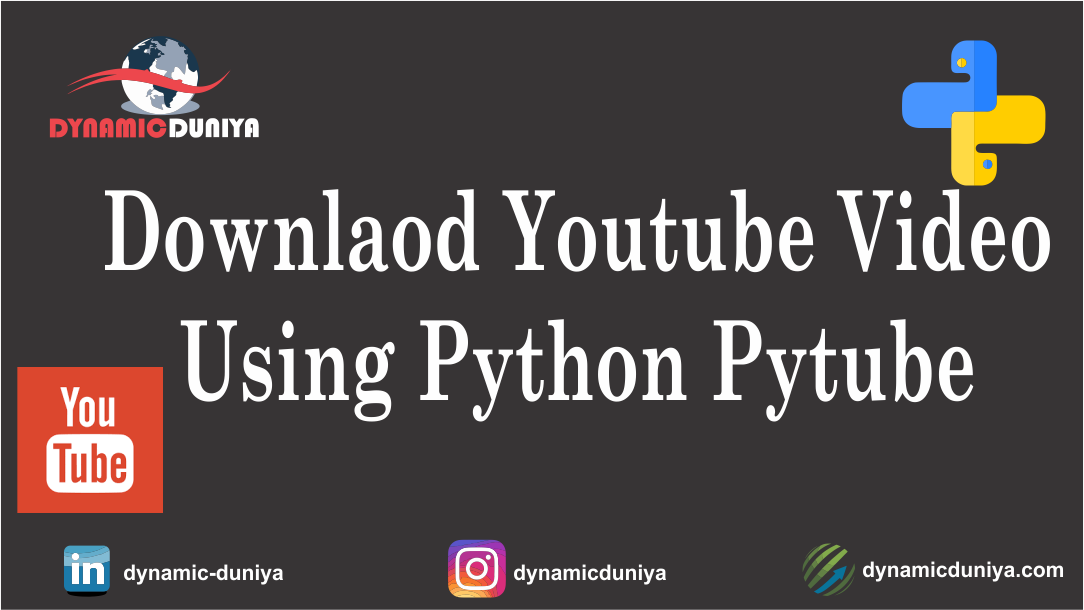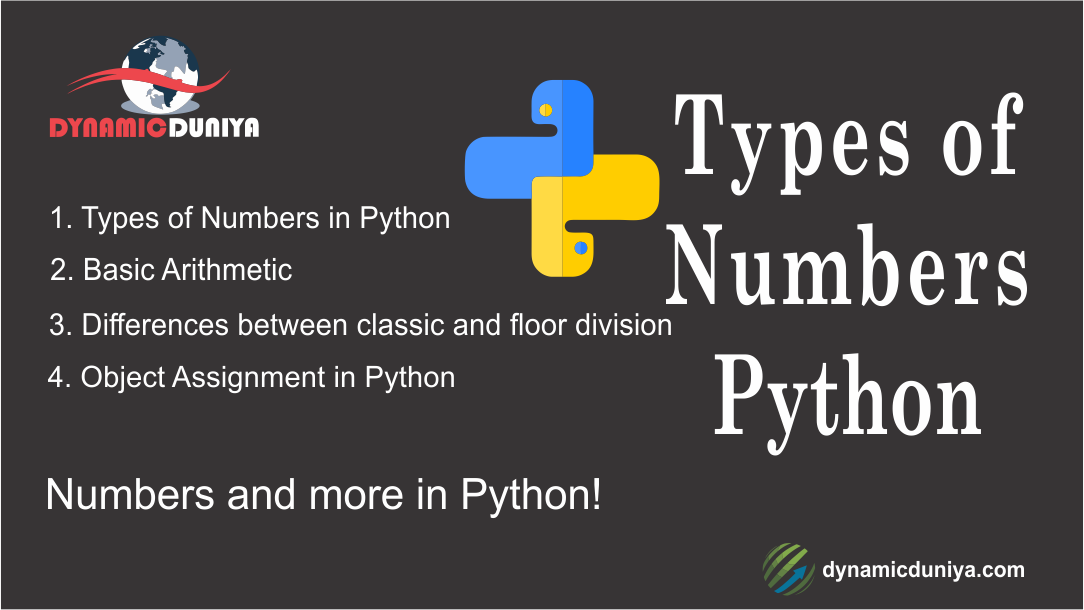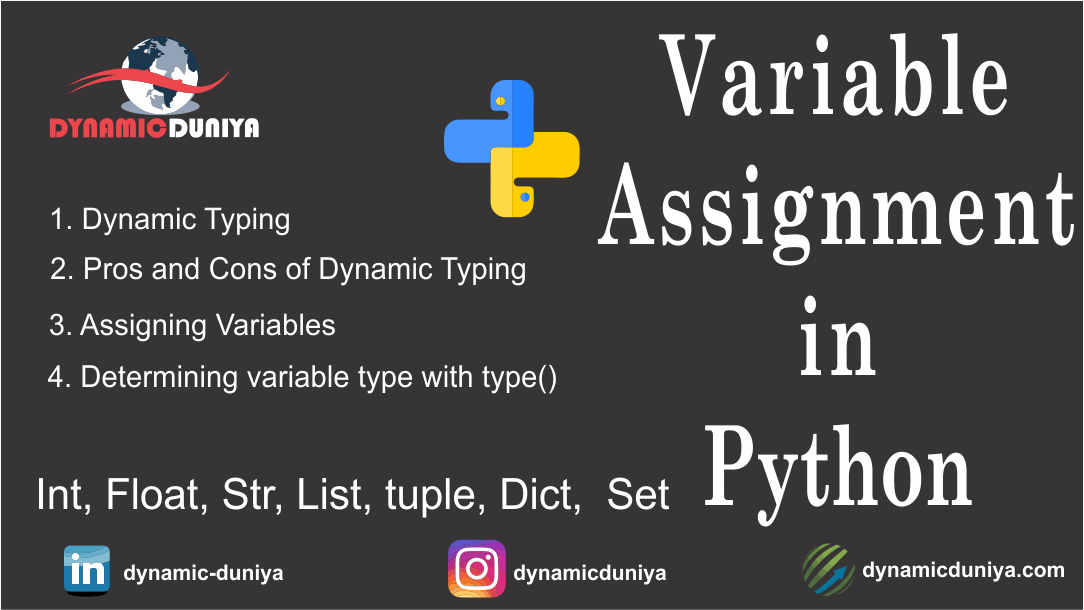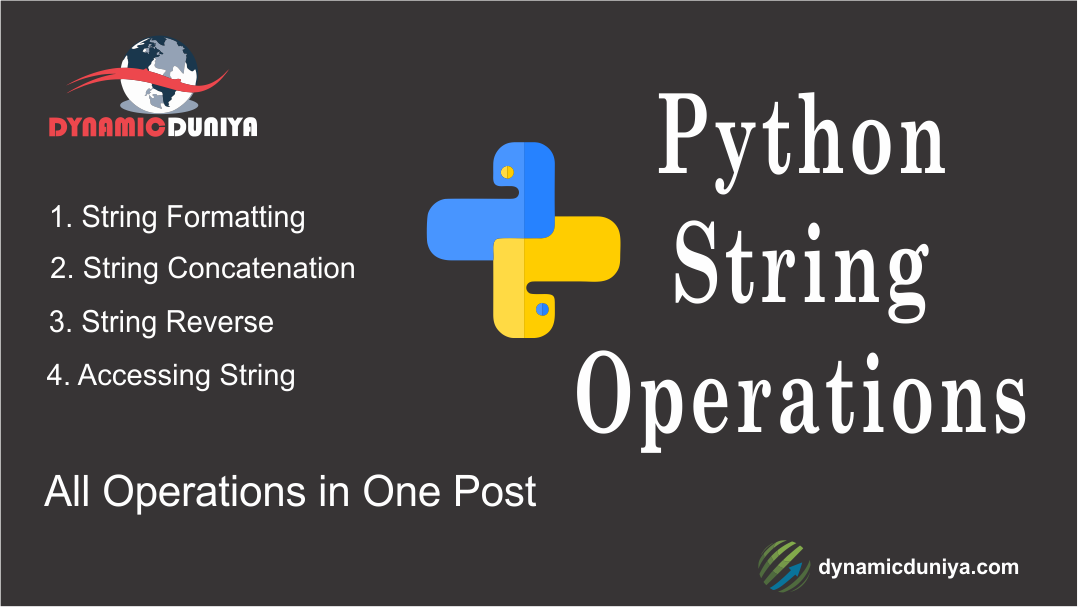Avoiding the Beginner’s Trap: Key Python Fundamentals You Shouldn't Skip

Many beginners rush into advanced Python topics, overlooking the essentials that form the foundation of good programming. This blog dives into the most commonly skipped Python basics—like debugging, data types, control flow, and testing—explaining why they’re crucial for building strong coding skills and avoiding frustration down the road. Learn how to start your Python journey the right way!
1. Understanding How Python Executes Code
- Why it's skipped:
Most tutorials jump straight to "writing your first program" without explaining how Python works internally (interpreted language, REPL, etc.). - Why it's important:
Knowing the execution flow helps debug errors, understand runtime behavior, and makes concepts like scope and namespaces clearer.
2. The Importance of Indentation
- Why it's skipped:
It seems trivial because beginners think "it's just formatting." - Why it's important:
Python is indentation-sensitive. Misplacing tabs/spaces can lead to errors, making the code harder to debug.
3. Data Types and Type Conversion
- Why it's skipped:
Beginners think Python handles types dynamically, so they don’t need to worry about types. - Why it's important:
Understanding data types (int, float, string, list, etc.) is crucial for writing bug-free code. Mismanaging types leads to unexpected behavior (e.g., concatenating strings and numbers).
4. String Manipulation
- Why it's skipped:
String methods likesplit(),join(),strip(), and slicing might seem too basic or uninteresting. - Why it's important:
Strings are everywhere—user input, file handling, and APIs. Mastering string manipulation avoids messy and inefficient code.
5. Debugging Techniques
- Why it's skipped:
Beginners often think debugging is about "trial and error." - Why it's important:
Knowing how to use tools likeprint(), Python's built-inpdb, or modern IDE debuggers (like VSCode) saves hours of frustration.
6. Writing Clean Code
- Why it's skipped:
Beginners prioritize "getting it to work" over readability and maintainability. - Why it's important:
Clean code practices like meaningful variable names, comments, and consistent formatting make the code easier to read, debug, and share.
7. Control Flow (if-else, loops)
- Why it's skipped:
Beginners may jump straight to libraries or frameworks without mastering basic flow control. - Why it's important:
Control flow is the backbone of decision-making in programs. Skipping it leads to poor problem-solving skills.
8. Functions and Modular Programming
- Why it's skipped:
Beginners write everything in one big block of code. - Why it's important:
Functions promote reusability, readability, and debugging. Skipping functions creates messy, hard-to-maintain code.
9. The Difference Between Mutable and Immutable Types
- Why it's skipped:
It's an abstract concept that isn't always obvious in simple programs. - Why it's important:
Knowing what types are mutable (lists, dictionaries) vs. immutable (strings, tuples) avoids confusing bugs like unintended data changes.
10. List Comprehensions
- Why it's skipped:
Beginners stick to loops because comprehensions look complex at first glance. - Why it's important:
Comprehensions are concise and efficient, especially for working with large datasets.
11. Exception Handling
- Why it's skipped:
Beginners may think handling errors is only for advanced developers. - Why it's important:
Programs will always encounter unexpected situations. Exception handling ensures your program doesn’t crash unexpectedly.
12. File Handling
- Why it's skipped:
Beginners focus on basic console-based programs. - Why it's important:
Most real-world programs deal with data stored in files. Mastering file handling (read/write) is essential for working with logs, configuration files, and user data.
13. The Standard Library
- Why it's skipped:
Beginners often reach for external libraries (like NumPy or pandas) without exploring Python's built-in modules (os,sys,collections, etc.). - Why it's important:
The standard library offers powerful tools for file handling, math, datetime, and more, reducing dependency on third-party libraries.
14. Testing Code
- Why it's skipped:
Beginners often write code without checking for edge cases or using unit tests. - Why it's important:
Testing ensures your code works as expected in different scenarios and reduces bugs.
15. Using Virtual Environments
- Why it's skipped:
Beginners install everything globally without understanding environment isolation. - Why it's important:
Virtual environments prevent dependency conflicts, especially when working on multiple projects.
16. Basic Command Line Usage
- Why it's skipped:
Beginners stick to GUI-based tools and IDEs. - Why it's important:
The command line is essential for running scripts, managing dependencies, and interacting with version control systems.
17. Git and Version Control
- Why it's skipped:
Beginners often don't see the need for version control in small projects. - Why it's important:
Git helps track changes, collaborate with others, and recover from mistakes.
18. Documentation
- Why it's skipped:
Beginners tend to copy-paste code without consulting the official docs. - Why it's important:
Reading documentation improves understanding and problem-solving. It’s a habit every programmer should build early.
19. Understanding the Python Ecosystem
- Why it's skipped:
Beginners think learning Python means just the language. - Why it's important:
Understanding the ecosystem (PyPI, pip, IDEs, linters) helps navigate Python development efficiently.
20. Reading and Analyzing Errors
- Why it's skipped:
Beginners often panic or ignore error messages. - Why it's important:
Error messages contain valuable information to debug code and avoid repeating mistakes.
21. Algorithmic Thinking
- Why it's skipped:
Beginners focus on syntax over solving problems logically. - Why it's important:
Learning to break problems into smaller, logical steps is more valuable than knowing language syntax.
22. Understanding None and Null Concepts
- Why it's skipped:
Beginners assumeNoneis just "no value" without exploring its implications. - Why it's important:
UnderstandingNonehelps avoid errors when dealing with functions, variables, or data structures.
Random Blogs
- AI in Marketing & Advertising: The Future of AI-Driven Strategies
- Top 15 Recommended SEO Tools
- Top 10 Blogs of Digital Marketing you Must Follow
- AI Agents & Autonomous Systems – The Future of Self-Driven Intelligence
- Important Mistakes to Avoid While Advertising on Facebook
- AI & Space Exploration – AI’s Role in Deep Space Missions and Planetary Research
- The Beginner’s Guide to Normalization and Denormalization in Databases
- How to Start Your Career as a DevOps Engineer
- Google’s Core Update in May 2020: What You Need to Know
- The Ultimate Guide to Starting a Career in Computer Vision
Prepare for Interview
- JavaScript Interview Questions for 5+ Years Experience
- JavaScript Interview Questions for 2–5 Years Experience
- JavaScript Interview Questions for 1–2 Years Experience
- JavaScript Interview Questions for 0–1 Year Experience
- JavaScript Interview Questions For Fresher
- SQL Interview Questions for 5+ Years Experience
- SQL Interview Questions for 2–5 Years Experience
- SQL Interview Questions for 1–2 Years Experience
- SQL Interview Questions for 0–1 Year Experience
- SQL Interview Questions for Freshers
- Design Patterns in Python
Datasets for Machine Learning
- Awesome-ChatGPT-Prompts
- Amazon Product Reviews Dataset
- Ozone Level Detection Dataset
- Bank Transaction Fraud Detection
- YouTube Trending Video Dataset (updated daily)
- Covid-19 Case Surveillance Public Use Dataset
- US Election 2020
- Forest Fires Dataset
- Mobile Robots Dataset
- Safety Helmet Detection
- All Space Missions from 1957
- OSIC Pulmonary Fibrosis Progression Dataset
- Wine Quality Dataset
- Google Audio Dataset
- Iris flower dataset
- Artificial Characters Dataset
- Bitcoin Heist Ransomware Address Dataset




